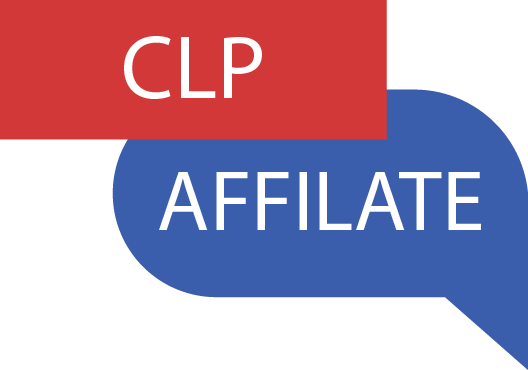Once your business is set up and running, it’s time to market! Marketing is crucial to help your business grow and spread the word throughout your community. You need print materials as physical pieces of marketing to display and pass out, and you need digital marketing materials to represent your brand online and enable prospects to contact you.
As these marketing materials tell the story of your brand and help potential customers get to know your business and what you offer, they can also make a lasting impression so that people remember you and develop loyalty for your brand.
You might not need to create all of these at once, but you’ll likely need to implement all of them at some point or another as your business grows and you participate in more local events, trade shows, and beyond.
Here are nine key marketing materials for small businesses.
Print Marketing Materials For Small Businesses
Business Cards
When you’re a small business owner, (almost) every conversation is a business opportunity! You should always have business cards on hand. You never know when you’ll encounter someone who needs your services! Business cards enable you to:
- Connect with potential customers and leave a lasting impression (along with how to get in touch with your business).
- Market yourself at any moment.
- Build visibility—plenty of storefronts let local businesses display their cards.
Yard Signs
How do you know who’s working on your neighbor’s house? Probably through a yard sign! Yard signs are great for residential contractors, real estate agents, landscaping companies, politicians, and even local event promotion.
Door Hangers
Similar to yard signs, door hangers are ideal for local services. You can distribute them based on a geo-targeted area or based on need. For example, if you run a lawn care company, you might leave door hangers only on properties that look like they need your services, as they are more likely to give you a call than someone with a perfectly manicured lawn. If you’re a new business, targeting a broader area is likely the way to go.
Flyers
Flyers are another fundamental way to spread the word about your business. You can hand them out at local events or pin them up on bulletin boards in storefronts, community centers, municipal buildings, restaurants or coffee shops, and more. Similarly, you can create postcards for a slightly smaller, but still effective, piece of marketing.
Trade Shows
Beyond business cards and flyers, you’ll need a few more materials for trade shows. A floor sign will help draw attention to your booth, as will a banner. Whatever you use for a trade show should not only be on brand, but also be visually compelling to draw attention. It’s a good idea to have some handouts, too, to help booth visitors remember your business among the many with whom they interacted. This can include business cards, brochures, stickers, and swag (like a t-shirt or a relevant small item).
Brochures
Brochures are an excellent way to share more information about your business in a small package. You can hand out brochures at trade shows, local networking events, at your storefront or point of sale, and more.
What Digital Marketing Materials Do Small Businesses Need?
Of course, your small business also needs to have an online presence, and that includes digital marketing materials. Your print materials are likely to lead to your email and website, and, of course, customers may find you online before they ever encounter you in person. Here are a few digital marketing materials you’ll need to get started:
Logo And Branding
Your logo is the most fundamental piece of your brand. It’s your primary visual identity and will be on every piece of marketing you produce both in print and online. Because of this, you’ll want your logo designed and set before you make anything else. Your logo is part of your overall branding, which also includes your chosen fonts and colors. Unless you have graphic design experience, it’s best to hire a professional to create your branding, so that you can have a unique, thoughtful design that represents your brand well.
Website
What information goes on your business cards? Your phone number, email address, and… your website! It’s important to have a site set up so prospects can find you online after encountering you in person—or before they even meet you! A website takes time to build, so it’s important to set aside time and intention for the process. Unless you are a web designer yourself, you’ll likely have to hire someone to build yours for you.
Every website is different, but here are a few things all small businesses should include on their website:
- Your logo and branding – This helps people know who you are and recognize your brand. Your website should be consistent with your brand’s fonts and colors.
- Your products and services – What does your company provide? How can people hire or buy from you?
- Contact information – Be sure to include your location (if relevant), phone number, email, and hours of operation. You can link your social media profiles for customers to connect with you there as well.
- Who you are – Having an “About Us” page is a fundamental part of a website. This is your chance to share who you are and tell your story. This page helps customers get to know you and what sets you apart.
Social Media
Social media is one of the best ways to interact with your customers and to organically promote your business. You don’t need to have an account on every single social media platform – just the one(s) where your customers are present or the one that you like the most. What’s most important is showing up consistently.
Social media offers the opportunity for organic growth and more impactful customer engagement, and accounts perform best with regular posting cadence (and strategy, of course). You can share photos, videos, and graphics that further promote your products and services, and showcase your brand personality and who you are as a company.



